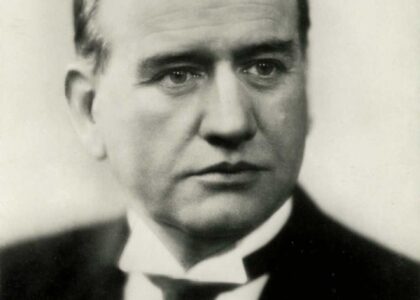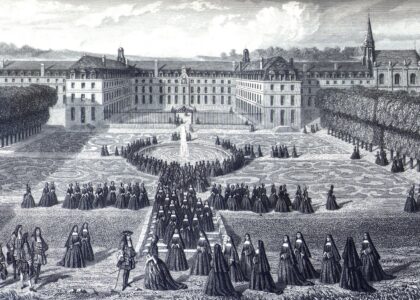L’Appel du 18 juin, or The Appeal of June 18, is a significant event in French history tied to a location that resonates deeply with the spirit of resistance and resilience. This date marks the famous radio broadcast by General Charles de Gaulle in 1940, which called upon the French people to continue their fight against Nazi Germany during World War II. De Gaulle, who had recently fled to London following the fall of France, used the British Broadcasting Corporation (BBC) to reach out to his countrymen, urging them not to lose hope and to join the Free French Forces.
In the broader historical context, L’Appel du 18 juin is viewed as the seminal moment that inspired the French Resistance. At the time, France was in turmoil. The French government, led by Marshal Philippe Pétain, was seeking an armistice with Germany, a decision that de Gaulle strongly opposed. His broadcast was a counter to Pétain’s call for surrender, and it galvanized many French citizens to resist the occupation.
Charles de Gaulle, a relatively unknown figure before this broadcast, became a symbol of the French Resistance. His leadership and vision for a liberated France were crucial in uniting disparate resistance groups and maintaining the spirit of defiance against Axis powers. Over time, de Gaulle’s call not only inspired military action but also helped forge a national identity rooted in resistance and resilience.
This radio appeal is considered one of the most important speeches in French history. De Gaulle’s insistence that ‘France is not alone’ underscored the importance of international alliances, particularly with Britain and eventually the United States, in the fight against Nazi Germany. The speech laid the groundwork for the Free French Forces, a movement that played a critical role in the liberation of France and the eventual victory in Europe.





